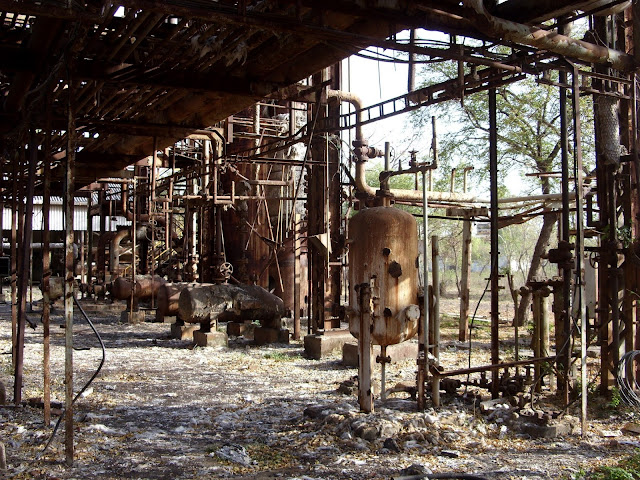The General Election's Big Issues: The National Health Service
Matthew Hodder - Writer In this series of short articles, writers for InTuition will be looking at the biggest issues political parties need to deal with in the upcoming general election. In this article, Matthew Hodder will look at issues of funding within the NHS: The fundamental issue that I would like to see given some serious attention in the next party manifesto regards the NHS. For years now, healthcare services in the UK have been suffering cuts and over-stretched services that are causing shortages of staff, longer hours for doctors and worst still, an increasing wait time for treatment. Even basic trends like this one show how the situation has developed over the years of austerity. Free-at-point-of-service health care is such a valuable asset to the UK, and to see it suffer so much is truly saddening as almost everyone relies on the National Health Service. One of the reasons, philosophically, why health care in general is so valuable is that it serves as a proxy f...




